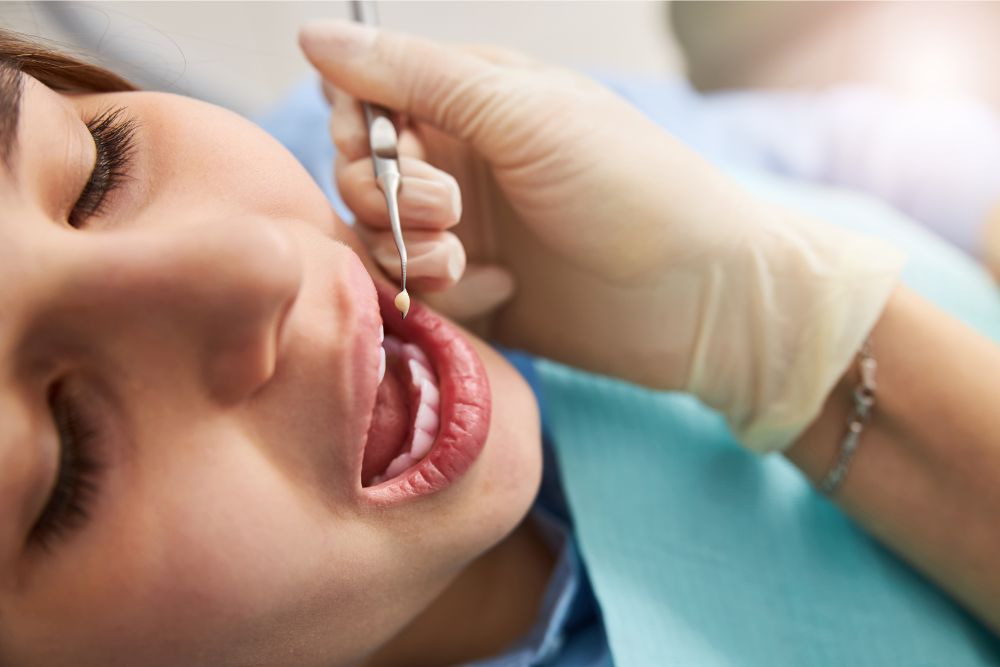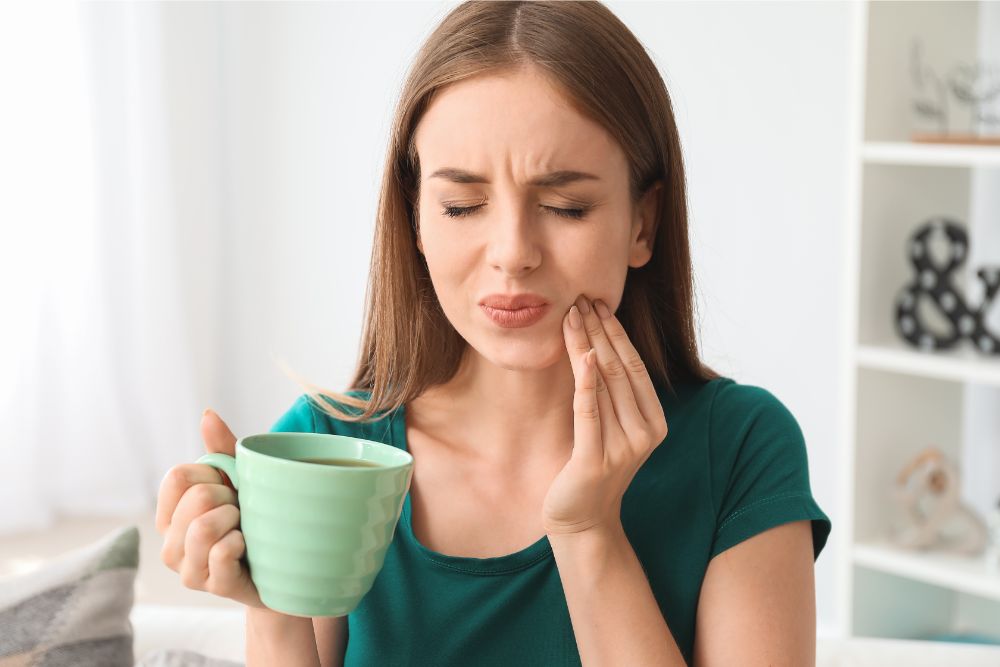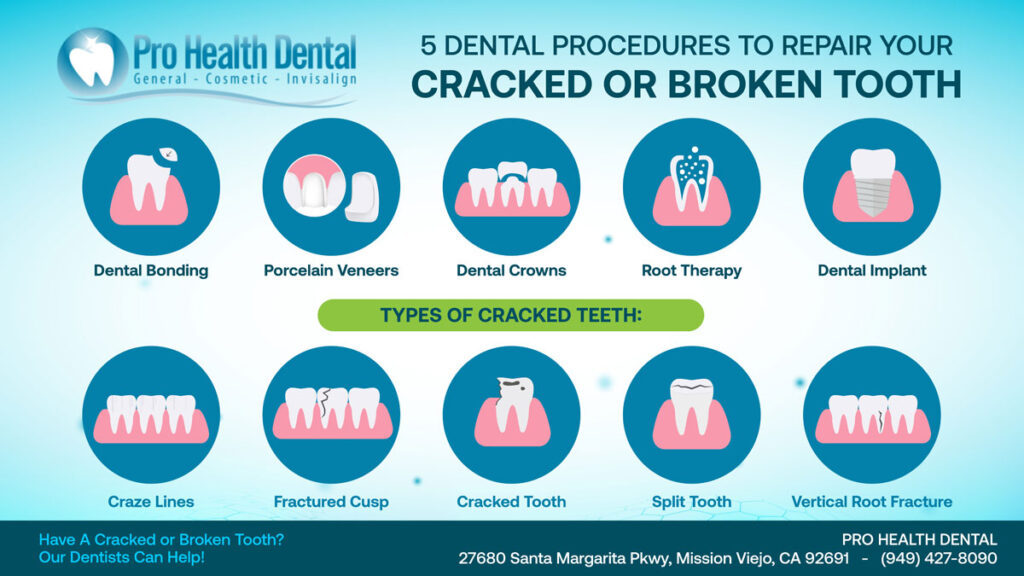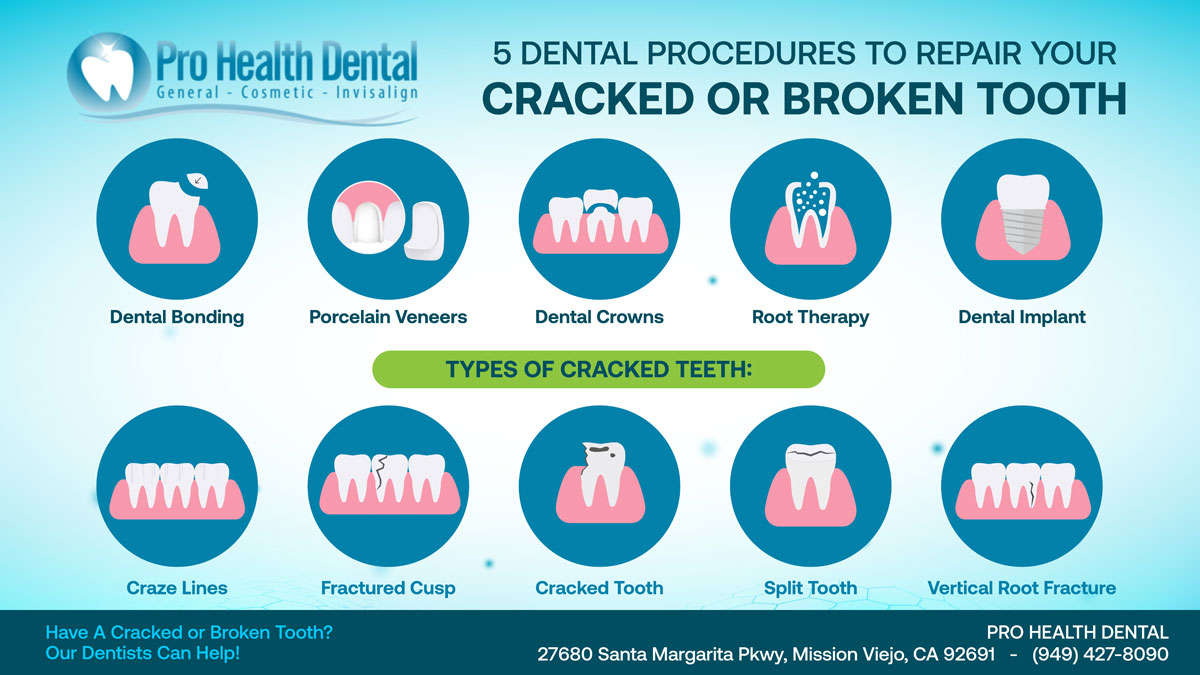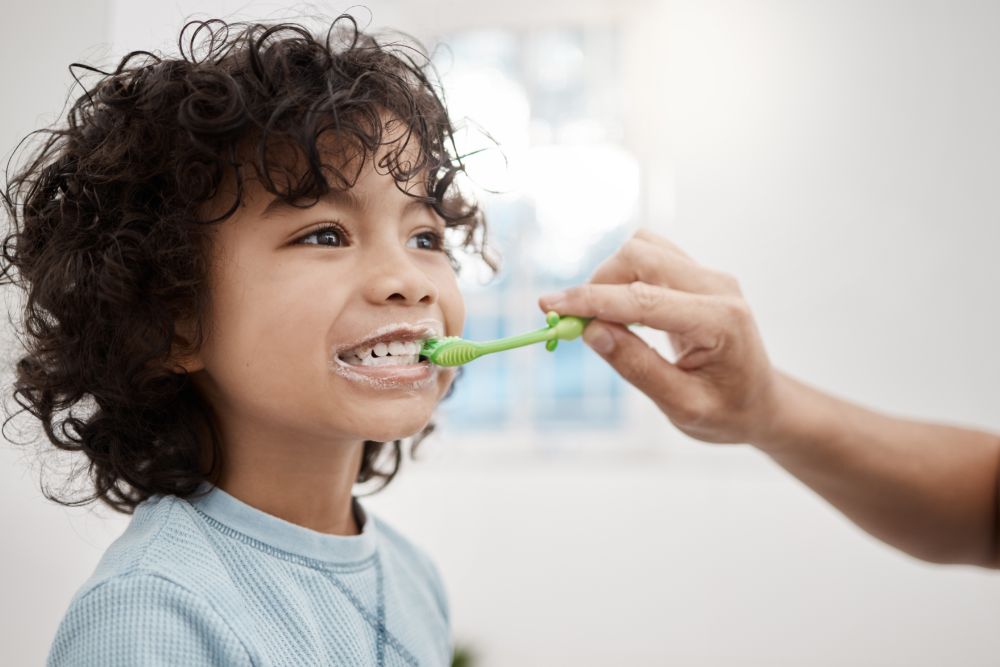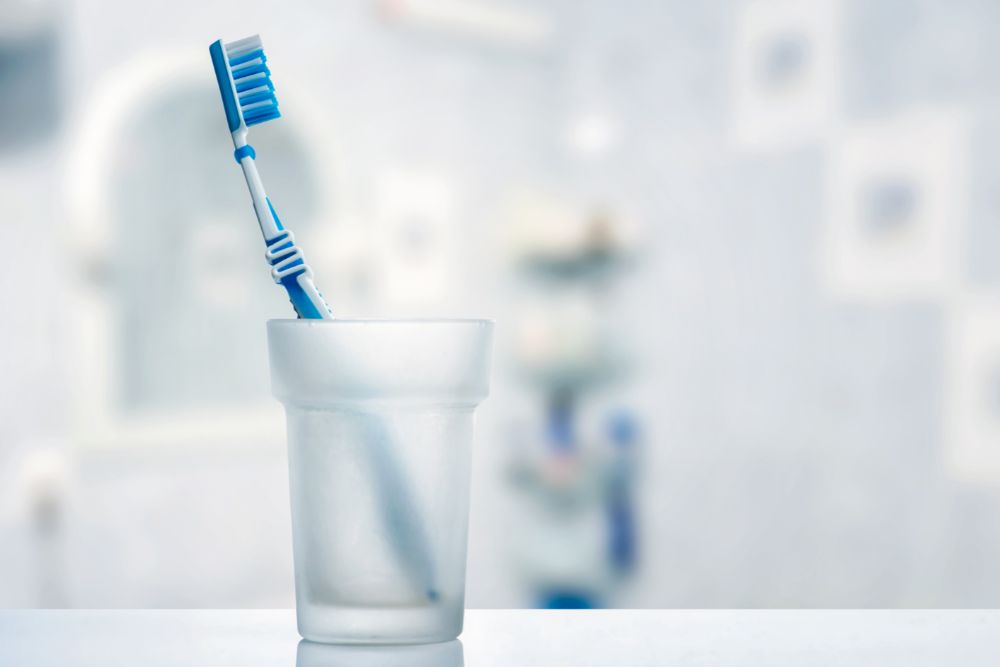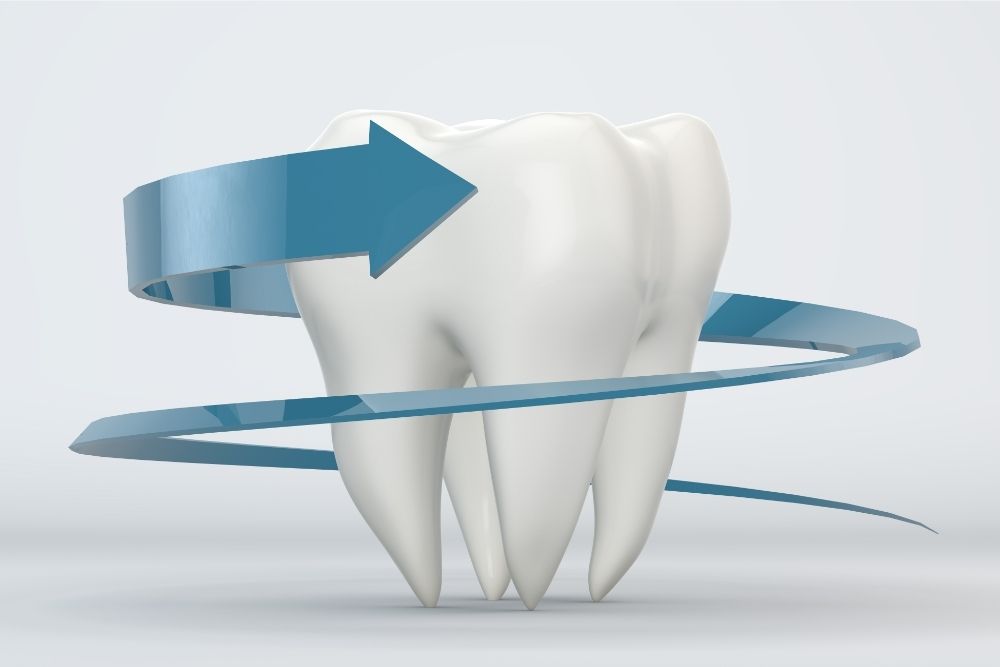
Dental emergencies are common, but often avoidable. Some of these can be prevented simply by brushing and flossing more thoroughly, as well as having your dental hygienist do a professional cleaning at least twice a year.
But accidents do happen, so keep a note in your glove compartment, purse, or car with Pro Health Dental’s number just in case ((949) 916-6868). If it occurs during our office hours (Mon.-Fri. 9 am-5 pm) call us immediately so that we can have you see Dr. Gruita ASAP.
If a car, bike, boating, swimming, or sports accident occurs when we are closed and tooth is knocked out, hold it by the top (do not touch the root), wash it in warm water, and try to put it back into the socket or place it in milk on your way to an urgent care clinic. Ibuprofen or aspirin should be adequate to manage the pain and you can put a cold compress on the outside of the mouth in that area for 15 minutes, then take it off for 15 for a few hours, which will prevent swelling. If it takes a long time to be treated, it will probably need to be replaced with a dental implant.
Chipped Teeth
If the tooth has been slightly chipped (which could occur just from biting into hard candy or chewing on ice), take the same approach, but if the pain is manageable, wait until your appointment at Pro Health Dental. This will probably need to have a dental veneer attached to the front of the chipped tooth to protect it from further damage and sensitivity.
Tooth Fracture
A fractured tooth will require a dental crown to cover it and hold it together, if the tooth can be saved. After this happens, rinse the area with salt water and use a cold compress, then go to an urgent care before setting an appointment with us.
Crown Falling Off
If a crown comes off, just make an appointment to come into our office, put it back on with some dental adhesive available at any drug store, and meantime avoid chewing on that area.
There are three types of toothaches. A cavity is not an emergency, so manage the pain with OTC remedies or put clove oil on it (a traditional way to reduce tooth pain).
However, if the pain is extreme, this may be a sign that the root of the tooth is infected and this will need a root canal procedure to clean it out (contrary to popular usage, a root canal operation is not painful, just the infected tooth). Another infection that can be very painful is an abscess, the symptom of which is that it exudes pus within or near a tooth that exudes poss. Both require emergency treatment.

